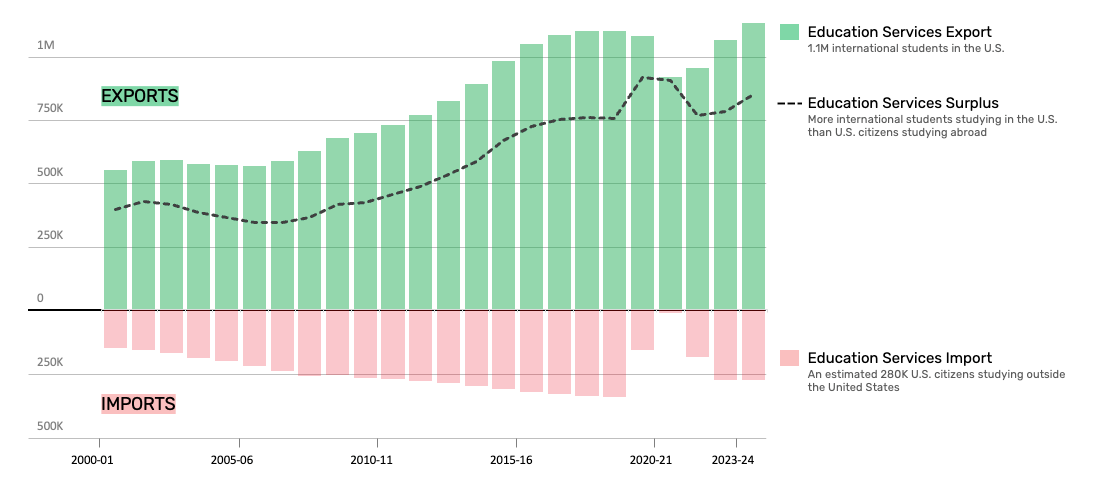The biggest story this week is the long-awaited lift of the student visa pause. On the afternoon of Wednesday, June 18th, the State Department issued a cable to US embassies worldwide with updated guidance on social media vetting and authorization to resume processing international student visas. While details on the changes remain limited, key updates include a requirement for applicants to set social media profiles to public and allow for thorough screening for national security concerns. Officers are also directed to prioritize expediting applications for students attending schools where international students comprise less than 15% of the population — a directive that, while citing Harvard as an example, applies broadly to all institutions.
State Department Unveils Social Media Screening Rules for All Student Visa Applicants
In the cable, diplomats are directed to review applicants’ online presence for “any indications of hostility towards the citizens, culture, government, institutions or founding principles of the United States.” The cable also instructs diplomats to flag any “advocacy for, aid or support for foreign terrorists and other threats to U.S. national security” and “support for unlawful antisemitic harassment or violence.”
Wednesday’s cable says embassies can resume scheduling student visa interviews but that they should do so in a way that accounts for the increased workload that will come with the additional screening efforts.
Education Is a Trade Powerhouse
While there is continued debate around trade deficits, higher education is one sector that continues to dominate global trade markets. International students don’t just enrich campuses or fill needed positions, they are one of the country’s most powerful trade surpluses. International education represents a $56 billion trade surplus for the US. This figure is aligned with key goals of the current administration’s economic strategy.

Read more from the Shorelight Data Analytics team >
Trump Administration Demands Action from 36 Countries to Avoid Travel Ban
Last week, the administration announced it is considering adding 36 additional countries to the current US travel ban. Notably, 25 of the countries are in Africa, including major nations such as Nigeria, Ghana, Zimbabwe, and Egypt. This development could have significant implications for US diplomacy, immigration policy, and international education. Our team is actively monitoring the situation and will provide updates as more information becomes available.
It is the latest step by the Trump administration to crack down on those who overstay their visas and tying U.S. entries from certain countries to potential national security risks. Trump has said some countries have
“deficient” screening and vetting or have historically refused to take back their own citizens. Some countries condemned the travel restrictions and vowed reciprocal actions, while some resettlement groups say the ban sows division.
Get the full story from the AP >
Banning Foreign Students Is the Opposite of “Making America Great”
This is a strong opinion piece that captures so much of what our Government Affairs experts have been saying in conversations with colleagues and policymakers. International students bring more than just tuition; they bring talent, energy, and global perspective that strengthen our classrooms, communities, and economy. We’re not just talking about dollars — we’re talking about America’s future. If we want to remain a global leader, we need to stop treating international education as an afterthought. It’s one of the best investments we can make in our country’s success.
When the United States becomes a less attractive, or even hostile environment, competing nations will increasingly become magnets for international students and researchers. Imagine a future where the next generation of global innovators in critical fields like AI, quantum computing, and biotechnology are overwhelmingly concentrated in countries actively competing with the US. This wouldn’t just be a
“brain drain” for us; it is a “brain gain” for them, accelerating their innovation, strengthening their economies, and potentially shifting the global balance of technological and economic power.

